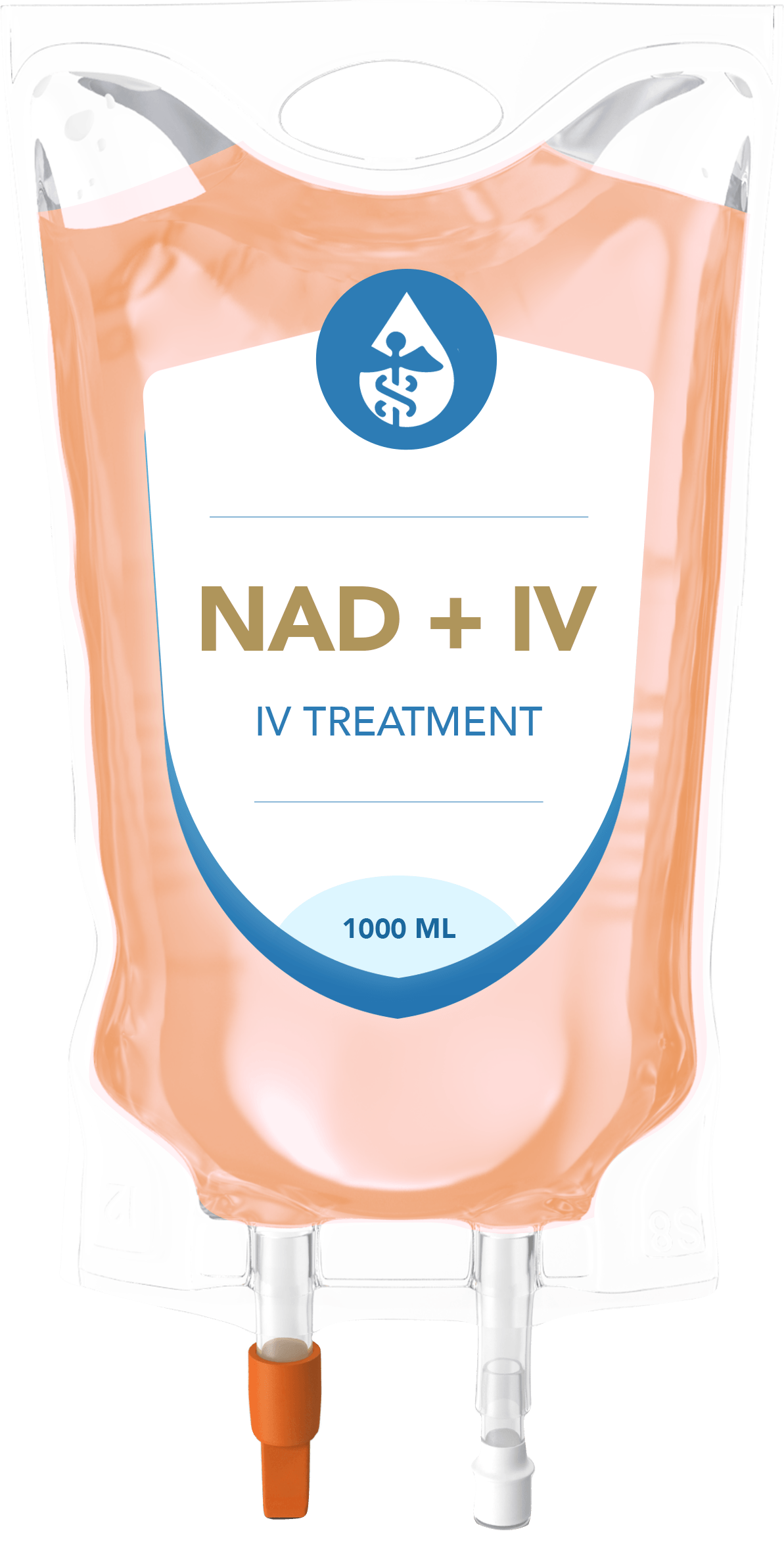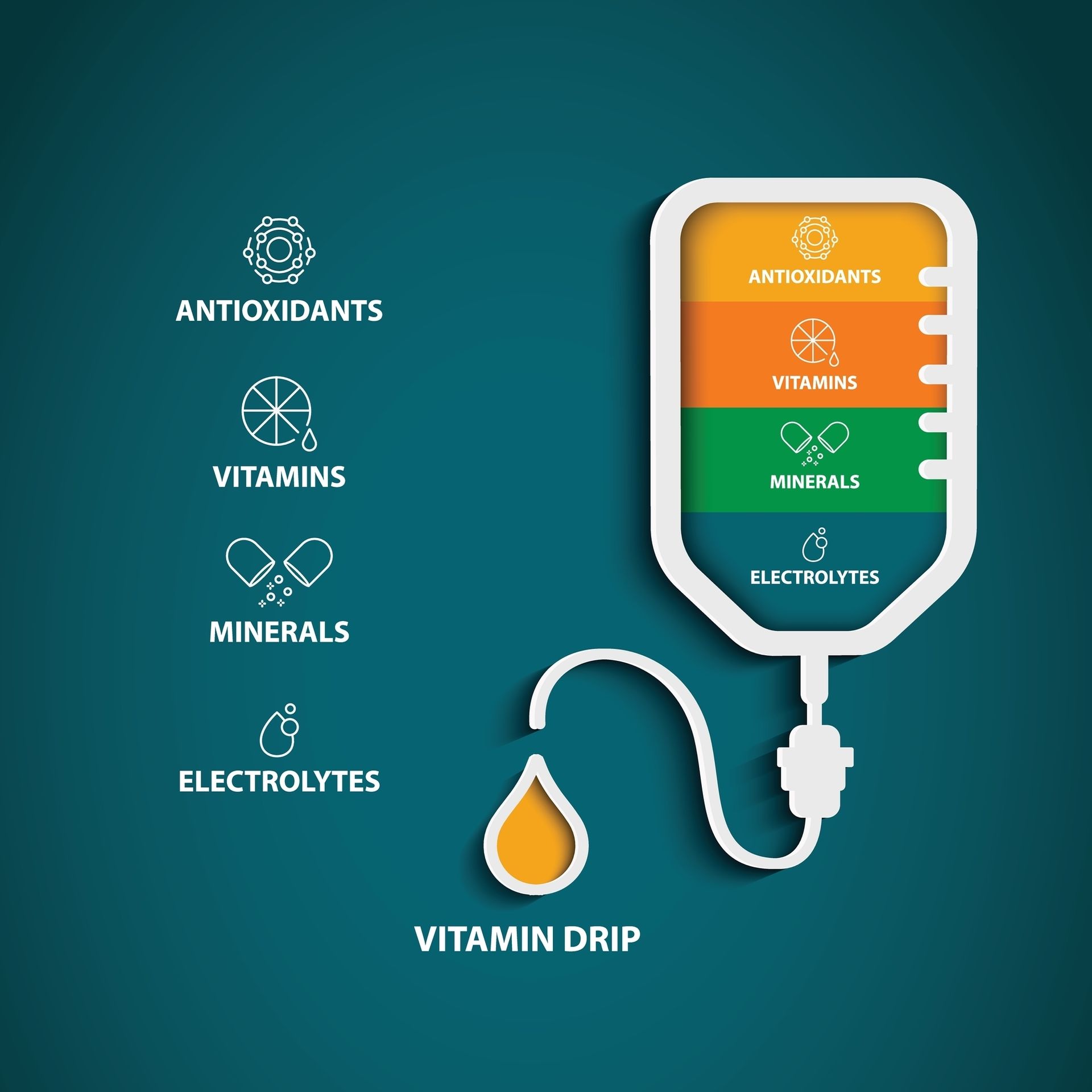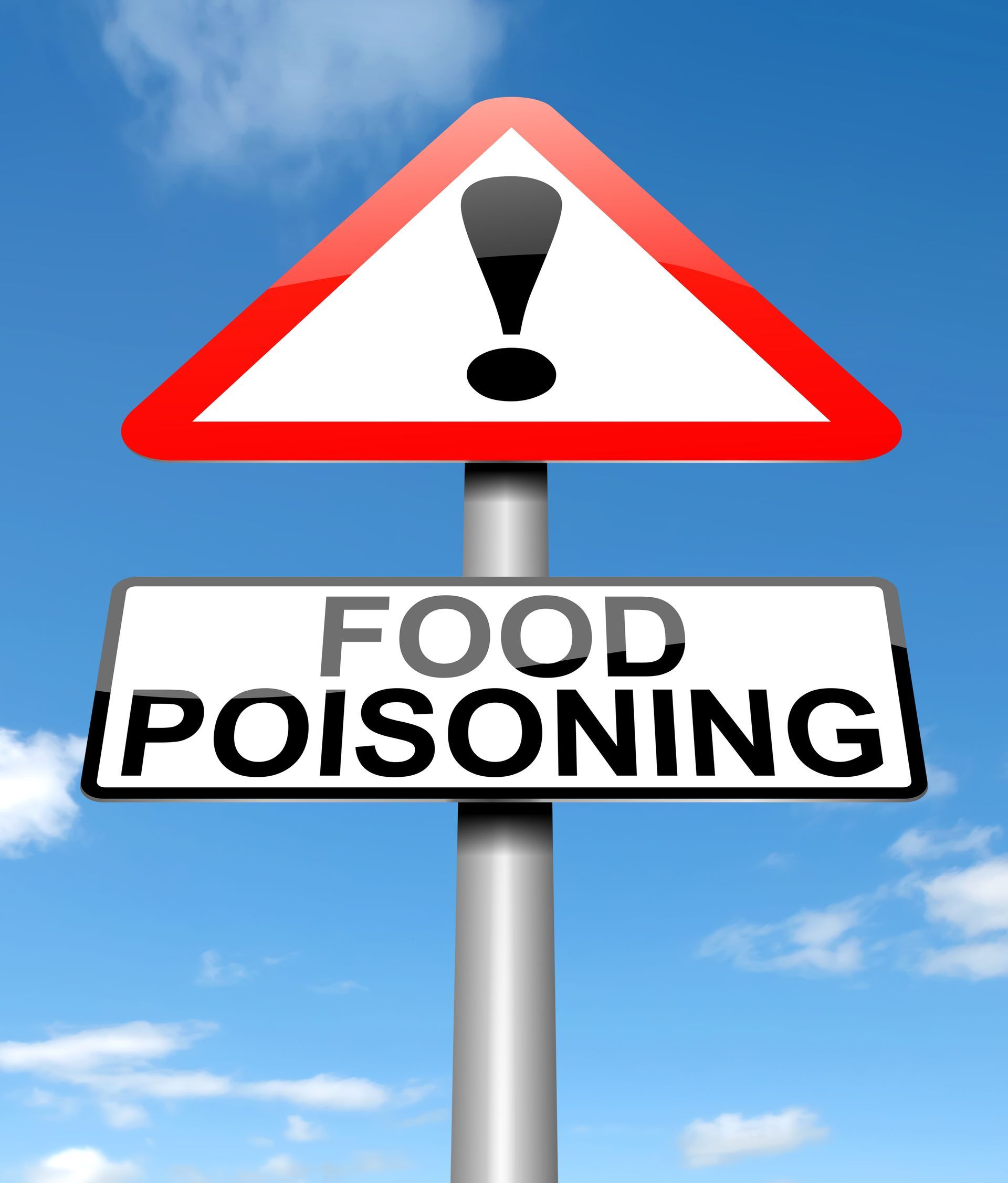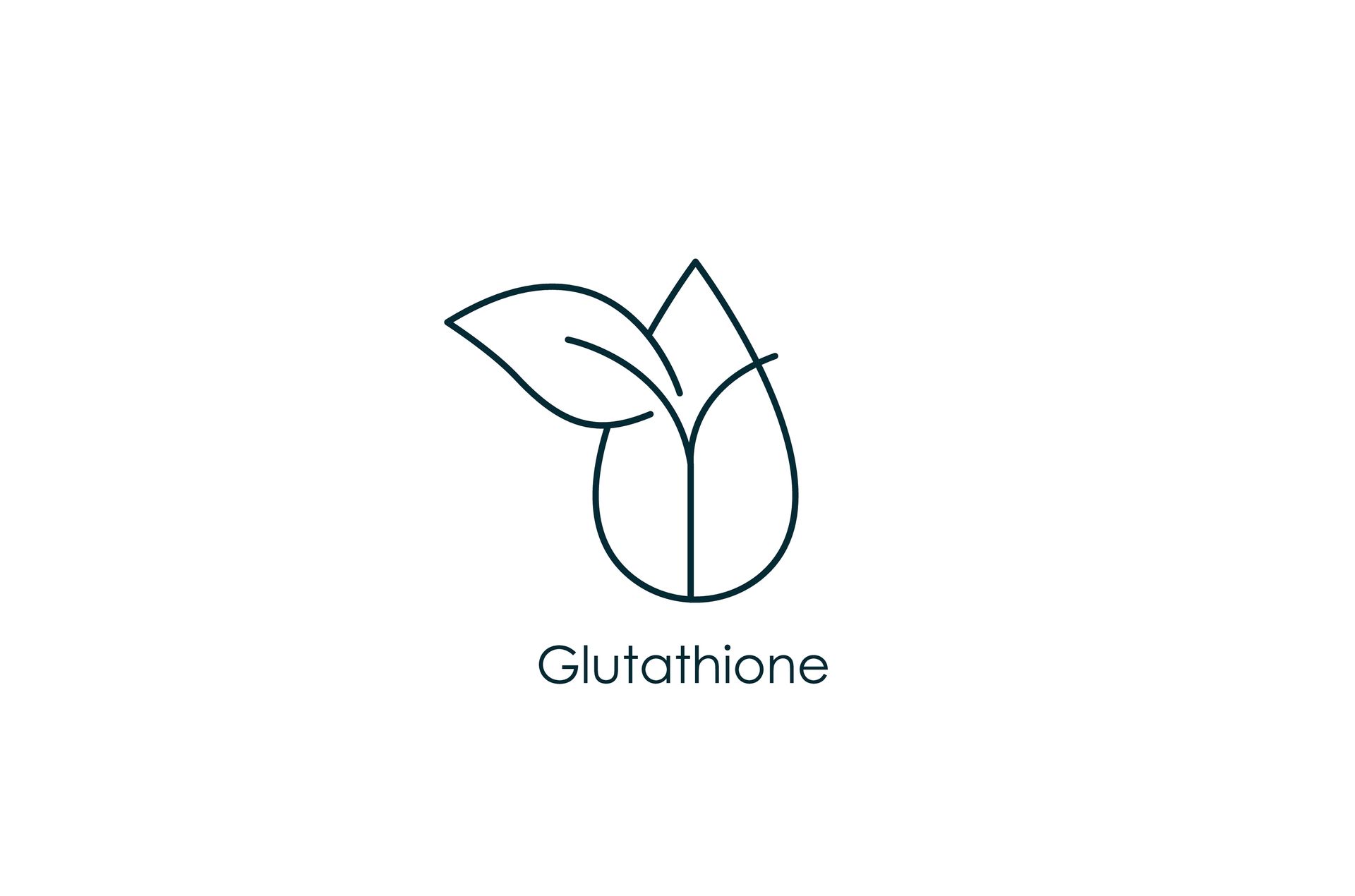Articles and Information
How to Support Eye Health Naturally: Essential Vitamins and Nutrients
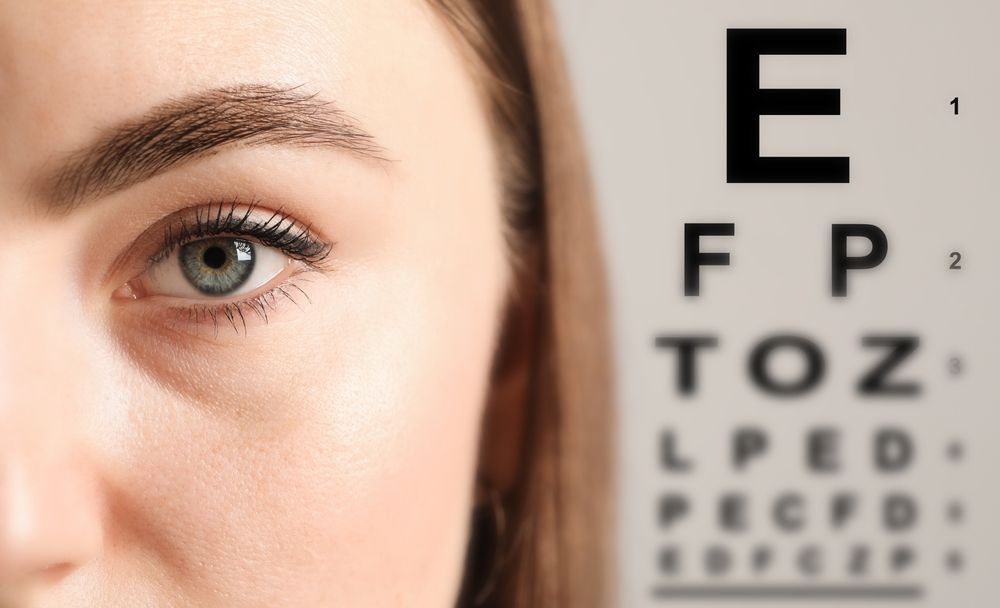
Eye health is a vital aspect of overall well-being that many people often overlook. The eyes are not just the windows to our soul; they are crucial for interacting with the world around us. By understanding the importance of eye health and the nutrients that support it, we can take positive steps towards maintaining our vision naturally.
Understanding the Importance of Eye Health
The Role of Vision in Daily Life
Vision plays a critical role in our daily lives, influencing how we work, communicate, and engage in activities. From reading a book to navigating the digital world, our eyes are instrumental. Healthy vision enhances our quality of life and allows us to perform everyday tasks with ease.
Moreover, good vision contributes positively to mental health, reducing the strain and frustration that come with visual impairments. Therefore, making eye health a priority is essential not only for physical well-being but also for emotional and psychological stability. In a world increasingly dominated by screens, maintaining optimal eye health becomes even more crucial. The blue light emitted from devices can lead to digital eye strain, causing discomfort and fatigue. Simple practices, such as the 20-20-20 rule—taking a 20-second break to look at something 20 feet away every 20 minutes—can help alleviate some of this strain and promote healthier vision habits.
Common Eye Conditions and Their Impact
Various eye conditions, such as cataracts, glaucoma, and age-related macular degeneration, are prevalent and can significantly affect our daily lives. These conditions may lead to vision loss, making it even more imperative to prioritize eye health.
Understanding these conditions helps in recognizing their symptoms early, which can lead to timely interventions. Taking proactive steps to maintain eye health can potentially decrease the risk of developing these conditions. Regular eye exams are essential, as they can detect early signs of eye diseases that may not present noticeable symptoms initially. Furthermore, lifestyle choices such as a balanced diet rich in antioxidants, regular exercise, and avoiding smoking can play a pivotal role in preserving vision. Nutrients like omega-3 fatty acids, lutein, and vitamins C and E have been shown to support eye health, making dietary awareness an integral part of eye care.
The Connection Between Diet and Eye Health
How Nutrients Affect Vision
Diet plays a crucial role in maintaining eye health. A well-balanced diet rich in vitamins and minerals can enhance vision and potentially prevent eye diseases. Various nutrients work synergistically to protect the eyes from oxidative damage and support overall vision.
For instance, antioxidants help combat free radicals, which are harmful compounds that can damage eye cells. Incorporating a diverse range of foods into your diet is essential for providing the necessary nutrients for optimal eye health.
The Detrimental Effects of Poor Nutrition on Eyesight
Conversely, poor nutrition can lead to an increased risk of developing eye conditions. Diets high in processed foods, sugar, and unhealthy fats offer little to no benefits for eye health. Such eating habits can contribute to obesity, diabetes, and other systemic health issues that ultimately affect vision.
Understanding the link between what we eat and our eye health can motivate individuals to make healthier dietary choices. Simple changes, like reducing unhealthy snacks and increasing fruit and vegetable intake, can profoundly impact eye health.
Essential Vitamins for Eye Health
The Benefits of Vitamin A
Vitamin A is widely recognized for its benefits to eye health. This essential vitamin helps maintain good vision and is crucial for the production of pigments in the retina. A deficiency in Vitamin A can lead to issues such as night blindness and more severe eye diseases.
Foods rich in Vitamin A include carrots, sweet potatoes, spinach, and kale. Incorporating these foods into your diet can significantly support your eye health.
The Importance of Vitamin C and E
Vitamins C and E are powerful antioxidants that play a significant role in eye health. They help protect the eyes from oxidative stress and may reduce the risk of cataracts and age-related macular degeneration.
Sources of Vitamin C include citrus fruits, strawberries, and bell peppers, while nuts and seeds are excellent sources of Vitamin E. Adding these vitamins to your dietary regimen can fortify your eye health.
The Role of B Vitamins in Eye Health
B vitamins, particularly B6, B12, and folic acid, are essential for overall health, including eye health. They support metabolic processes and reduce the risk of age-related eye diseases. Consuming whole grains, legumes, and dark leafy greens can help ensure adequate intake of these vital nutrients.
Key Minerals for Maintaining Vision
The Impact of Zinc on Eye Health
Zinc is a mineral that plays a prominent role in maintaining healthy vision. It helps with the production of melanin, which protects the eyes from harmful light. Additionally, zinc is essential for proper retinal function.
Shellfish, meat, beans, and seeds are rich sources of zinc. Ensuring adequate zinc intake can support eye health and may prevent vision loss associated with age.
The Role of Selenium in Vision Support
Selenium, another essential mineral, acts as an antioxidant and may help reduce the risk of developing cataracts. This mineral plays a part in protecting eye tissues from oxidative damage.
Foods such as Brazil nuts, seafood, and grains provide selenium. Including these foods in your diet can benefit your overall eye health.
Other Nutrients Vital for Eye Health
The Power of Omega-3 Fatty Acids
Omega-3 fatty acids are essential for maintaining optimal eye health. They contribute to the structure of cell membranes in the retina and have anti-inflammatory properties that may help reduce the risk of dry eyes and other conditions.
You can find omega-3 fatty acids in fatty fish like salmon, mackerel, and sardines as well as in flaxseeds and walnuts. Adding these to your diet can provide numerous benefits for your vision.
The Benefits of Lutein and Zeaxanthin
Lutein and zeaxanthin are carotenoids that are concentrated in the retina and play a protective role against harmful light. Studies suggest that these nutrients may lower the risk of age-related macular degeneration and cataracts.
Green leafy vegetables, such as spinach and kale, are excellent sources of lutein and zeaxanthin. Incorporating these foods into your diet can enhance not only your eye health but your overall health as well.
In conclusion, supporting eye health naturally involves a combination of understanding the importance of vision, recognizing the impact of nutrition, and incorporating key vitamins and minerals into your diet. Making these small yet significant changes can lead to lasting benefits for your eyesight.
USEFUL LINKS
CONTACT US
If you think you may have a medical emergency, immediately call your doctor or dial 911.
This website does not provide medical advice. It is intended for informational purposes only. It is not a substitute for professional medical advice, diagnosis or treatment. Never ignore professional medical advice in seeking treatment because of something you read on the internet. These statements have not been evaluated by the Food and Drug Administration.
© 2021-2024 All Rights Reserved | Powered by OMG Marketing



